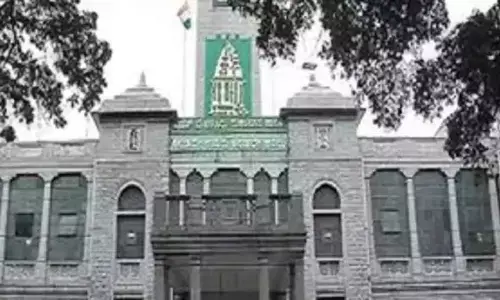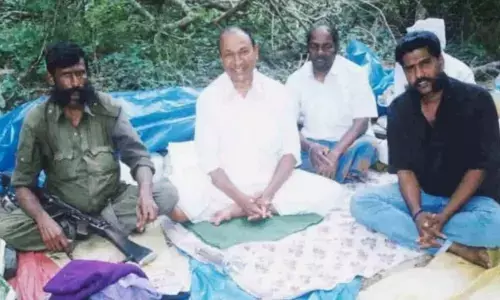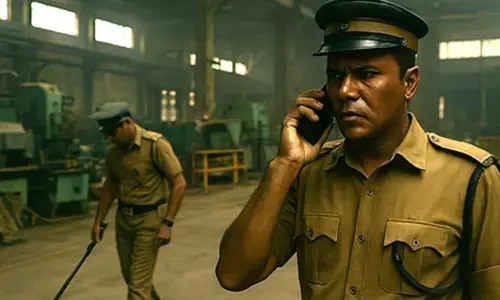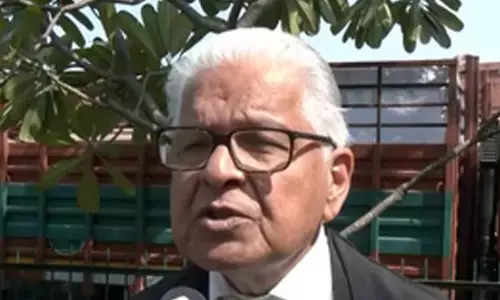Olympic Exotica
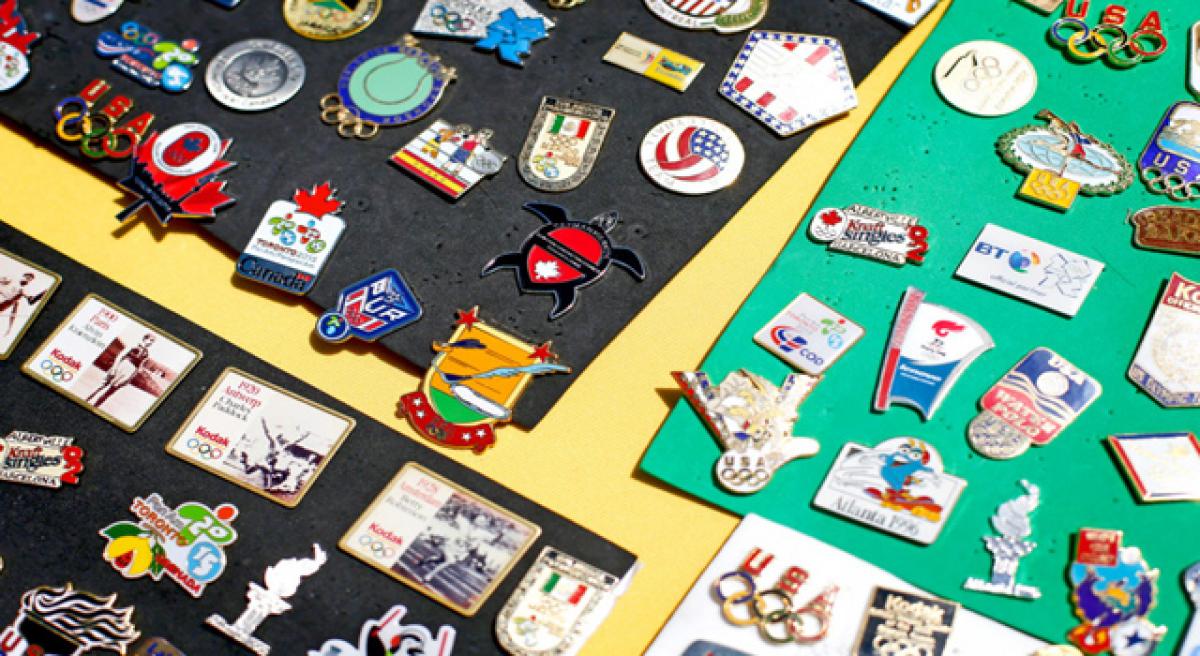
I can give you Barcelona, if you give me Rio.” That\'s a snatch of conversation you are likely to hear in various forms on the sidelines of the Olympic Games, where dozens of lapel pin collectors have congregated from all over the world.
I can give you Barcelona, if you give me Rio.” That's a snatch of conversation you are likely to hear in various forms on the sidelines of the Olympic Games, where dozens of lapel pin collectors have congregated from all over the world.
Often spreading their wares just outside the stadia or the main press centre, the pin travellers largely do it as a hobby rather than as a commercial venture.
Many participating countries give away these pins as presents, as do some big companies and sponsors. Pins are also made in various shapes, sizes and colours by the Games organisers, to be given away. The earliest Games had modest giveaways made of cardboard. Today they are largely metallic or plastic.
Pins encompass the culture of the most challenging games in the world and become storehouses of memories for those who were there.
For the organised collectors, though, it's an exotic hobby, where they spend money to be at the Games, mostly hanging around outside.
Every regular attendee knows that they are a constant feature. Most of these organised collectors have a regular job back home from where they take leave to pursue this unusual fixation.
Take Timothy Jamieson of Virginia, US, for instance. He is an architect by profession and during regular times -- except for a few weeks during Olympic season -- he helps build hotels.
He has attended 14 Olympic Games, both summer and winter, and will keep on doing this as long as he can. “I start preparing for the Games around three months ahead of the opening, and I usually carry between 2,500 to 3,000 pins with me,” he says.
Jamieson's total collection is about 30,000. Most of his pins are taken in on exchange, but he does sell some of them. “It often pays for my air ticket and sometimes even the stay,” he says, though making money is not the priority.
The price at which he sells a pin is usually between $10 and $20. The highest one he ever sold was for $100.
A collector’s paradise
For Jamieson the most exciting time was at the Winter Olympics in Nagano, Japan in 1998. Because of enhanced interest of the Japanese, all the local pin sellers ran out of the product. He had obtained some 300 Nagano Olympic pins which he sold at a very good profit. “The Japanese are crazy for pins,” he says.
Fredric Gariga came from Barcelona to see how many pins he could exchange. Selling is not on top of his mind. “I would probably exchange 2,000 to 3,000 pins by the end of Rio 2016 and possibly sell around 200,” he says, adding that for him it's "completely a hobby".
Gariga works in Barcelona with the local government regulator of shops and finds time for a few weeks during Olympics. He has attended eleven summer and four winter Olympics. "It gives me great pleasure and I get to also see some of the events."
Although the pin collectors get official accreditation to be near the stadia or the press centre, they do have to buy tickets to attend an event. But he doesn't mind that. "I enjoy watching swimming, tennis and diving."
Obviously, if the organised pin collectors set up their makeshift, informal shops, there must be consumers. There are hundreds who look for exotic pins. These are often the regulars, including players, visitors and even media persons.
Hobbies do take many shapes and forms. So widespread has become the interest that some countries have pin societies and pin clubs.
Douglas Todd is a medical doctor working in emergency shifts at a hospital in San Diego, US. For him, too, making money through selling the pins is not a priority.
His interest started when the Olympic Games were held in Los Angeles in 1984. Rio is his 17th Games, including the winter ones.
"I have a collection of thousands, but I never counted," says Todd. Todd found the Beijing games in 2008 the most exciting with thousands seeking out the pins. "Rio could be another Beijing," he says. Many of them pin their hopes on that.


